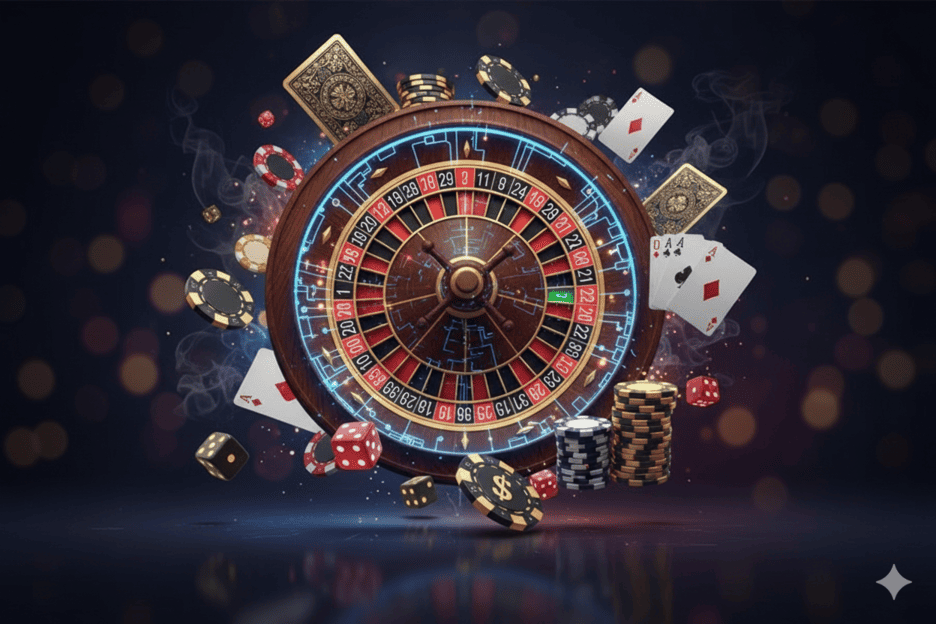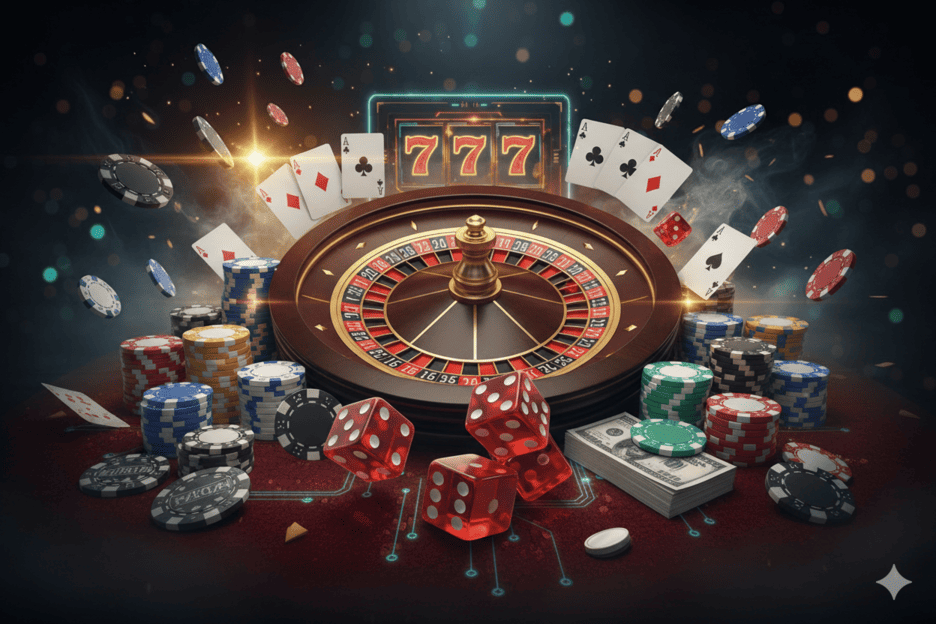As someone who has spent over a decade on the inside of the online gaming industry, I’ve had a privileged view into the fascinating and diverse world of player motivations. I’ve seen the pure, chance-based thrill that drives a slot player, the cold, mathematical calculation of a professional blackjack player, and the unique, intellectually charged passion of the sports bettor. A common question that arises is, “is sports betting better than casino games?” From a purely mathematical standpoint, the lines can be blurry. But from a psychological perspective, they are worlds apart. The psychology of sports betting is a captivating and deeply complex field. It is a potent cocktail of passion, intellect, community, and a series of powerful cognitive biases that can be both a source of immense enjoyment and a significant pitfall. In this article, I want to take you on a deep dive, not into the odds, but into the mind. We are going to move beyond the point spreads and into the brain of the bettor. We will explore the powerful “illusion of control,” dissect the common cognitive biases that quietly shape your decisions, and understand the deep-seated human needs that sports betting fulfils. This is the insider’s guide to understanding the most important opponent you will ever face: yourself.
The Core Allure: Why Sports Betting is a Different Beast
To ask, “is sports betting better than casino games?” is to compare two different forms of entertainment that scratch two very different psychological itches.

